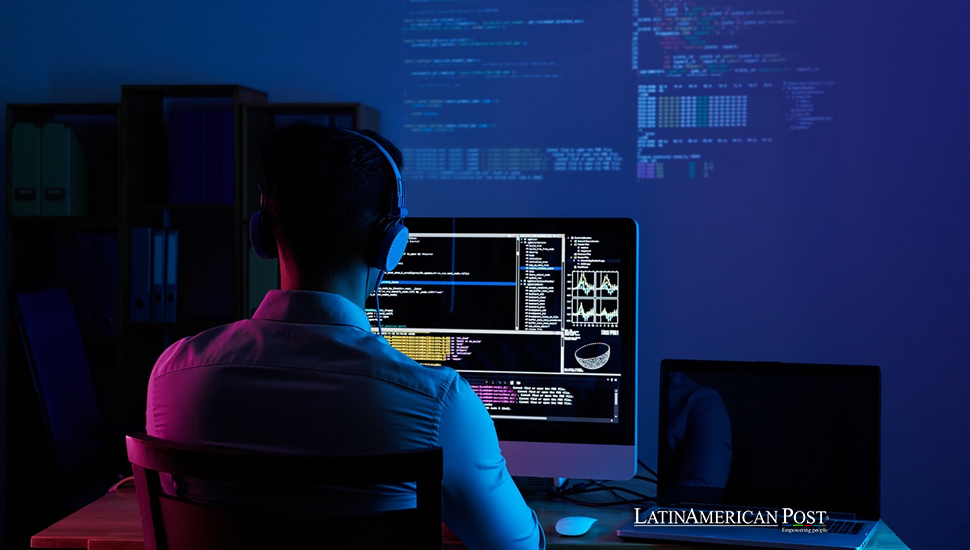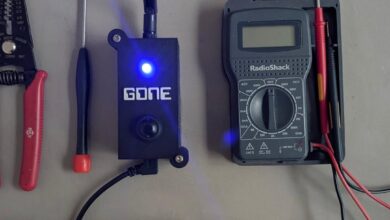Colombia’s Privacy Crisis and Why Pegasus Spyware Should Alarm Us

This week, news of the United States activating Pegasus spyware inside Colombia has ignited a fierce debate around privacy and ethics. Do tactics like these violate privacy rights, or is national security a sufficient reason to maintain powerful surveillance tools?
A Powerful Technological Tool with Controversial Reach
Pegasus spyware, developed by the Israeli cyber-intelligence firm N.S.O. Group, has become notorious for its advanced capabilities. This software enables government agencies to remotely hack into a person’s smartphone without their knowledge, allowing access to private messages, images, locations, and more. Initially marketed as a tool for combating terrorism and organized crime, Pegasus quickly gained international infamy as reports emerged of its use to monitor journalists, activists, and political opponents around the world. The recent deployment of Pegasus in Colombia has reignited the debate over whether such powerful technology is justifiable, even when used for security purposes.
It was recently reported that the United States employed Pegasus in Colombia to assist in anti-drug efforts. Although the official objective was to monitor and destroy drug cartels, an essential target for both countries, the application of this technology over Colombian territory is controversial. However, for a lot of Colombians, this also represents a worrying precedent — seeing their country now offering up its territory to have citizens potentially targeted and spied upon by another Government. This has caused a massive uproar among its population, as it brings the potential threat of Pegasus spyware into their daily lives, contradicting their rights and freedoms.
How Surveillance Crosses Dangerous Lines
The Pegasus scandal, which involves the use of advanced surveillance technology to monitor individuals without their knowledge, illustrates a more significant threat to the right of privacy that is eroding in our modern surveillance-maze world. Pegasus is hardly the first surveillance technology, but it has offered state power disconcertingly little room. However, unlike traditional surveillance tools, which need their installers to become in-person service and then take out one great deal of private knowledge that is reported as organized out physically and spontaneously, Pegasus has the flexibility to enter an individual with no straightforward entry or signal reflected on the display screen which usually doesn’t stop. This silent infiltration threatens to turn privacy into a myth, as anyone—even those unaware of being watched—faces the risk of having their data exposed.
For Colombian citizens, Pegasus poses a unique threat, especially to activists, journalists, and those seeking to express themselves freely. Privacy advocates warn that such widespread surveillance breaks down trust, leading people to self-censor and refrain from fully participating in social or political discourse. The Colombian government insists that the U.S.U.S. used Pegasus strictly to target criminal cartels, but Colombians remain skeptical. With transparency and strict controls, they argue, there’s a guarantee the technology will be exploited to surveil innocent people.
The Ethics of Surveillance in Colombia’s Political Climate
Moral ambiguities surrounding Pegasus in Colombia go deep. The ethical risks of surveillance technology loom large, especially in politically dangerous places such as Colombia. In Colombia’s hyperpolitical society, the danger is that this technology might be misused to spy on criminals, politicians, activists, or dissidents. It is not an isolated fear: surveillance technologies have often been used politically in the wild to monitor opposition leaders around the world.
The fact that Pegasus was deployed in Colombia was all so secret that it only heightened the ethical problem. Colombia and the U.S.U.S. allege the spyware was under close surveillance, yet the secrecy around how it operated is what stokes public suspicion. The Colombian diplomat Daniel Garca-Pea has requested a list of everything that Pegasus has gathered over the past 18 months. Garca-Pea has questioned the secret operation and Pegasus’s $11 million, allegedly paid for in cash. It is harder to keep the technology ethically used in this way, and transparency increases public skepticism. This public skepticism is crucial in validating the concerns of the audience, making them feel that their worries are not unfounded.
The Urgent Need for Stronger Privacy Protections
We need more robust privacy protections with surveillance systems such as Pegasus. In a digital data world that is becoming increasingly hackable, efficient privacy protections and enforcement will be of great importance to individuals’ rights. Colombia’s recent experiment with Pegasus underscores the risks of implementing such powerful surveillance equipment without clear regulatory parameters. However, the urgent need for stronger privacy protections also presents an opportunity for change and empowerment, giving hope for a more secure digital future.
Also read : Ancient Ocean Life Unearthed in Argentina’s Vaca Muerta Formation
As citizens’ anxieties over privacy grow, Colombia should strive to provide better privacy protections so that Pegasus and others like it can’t be deployed freely and arbitrarily. The potential consequences of such deployment, including the erosion of trust, self-censorship, and the chilling effect on social and political discourse, underscore the urgent need for stronger privacy protections. International regulations could also assist with the control of this kind of technology beyond borders and stop other countries from putting people under surveillance without any responsibility. Colombia’s example shows that, even in politically unstable places, the effects of technological change on privacy should be considered with caution.





